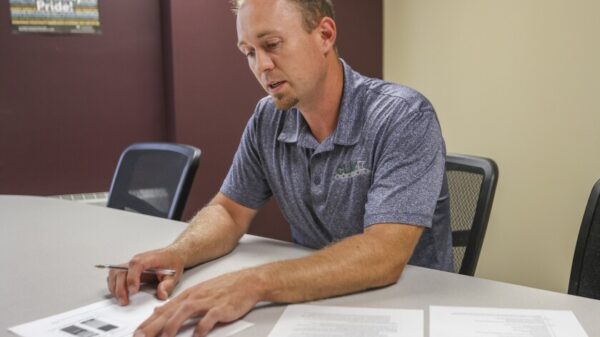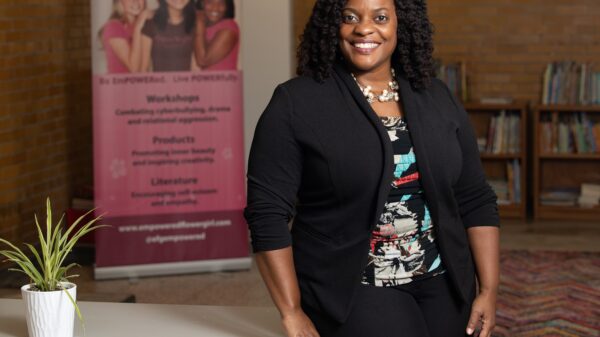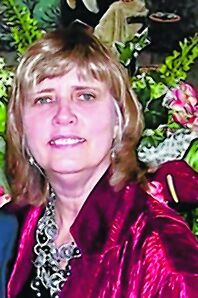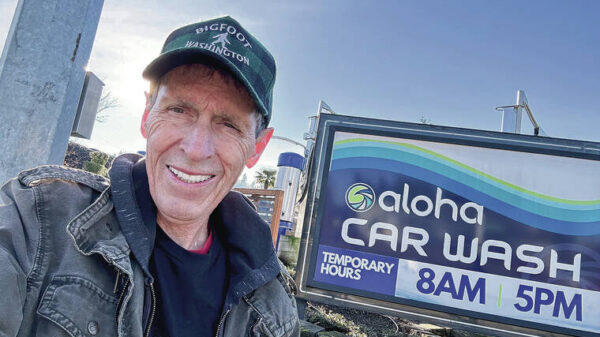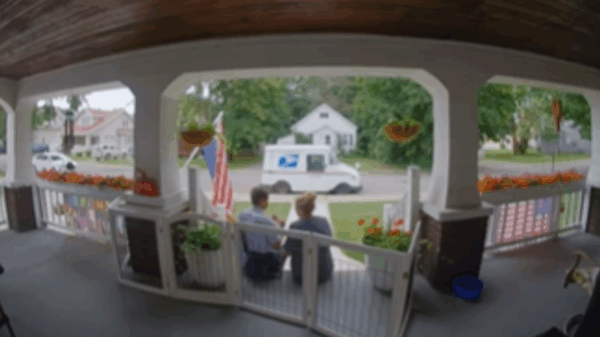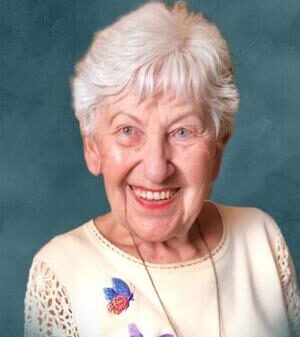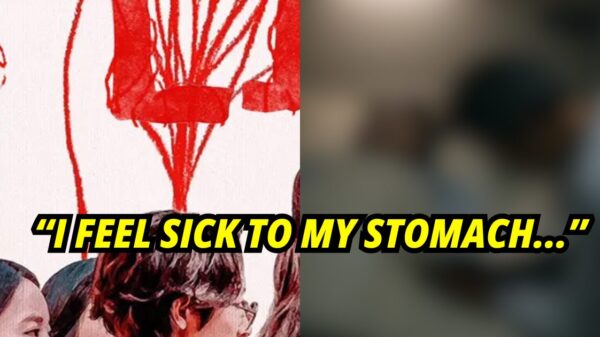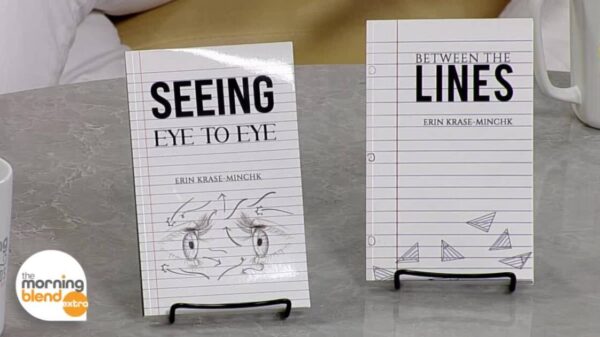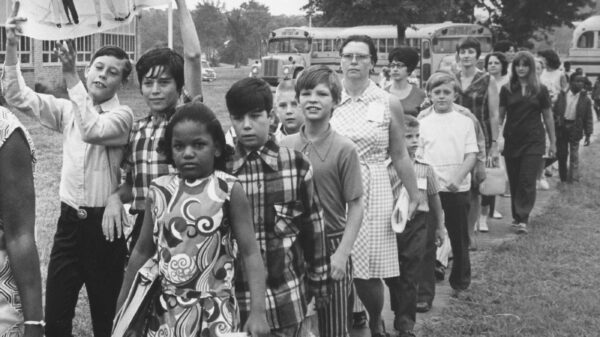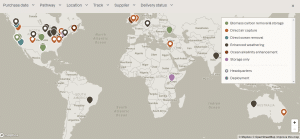A couple from Virginia has expressed their frustration over what they describe as unrealistic expectations from their daughter regarding childcare for their grandchildren. The couple, who care for their two grandchildren, aged 7 and 2, every weekend, feel overwhelmed and taken advantage of by their daughter.
Weekend Childcare Dynamics
The couple’s daughter and her husband maintain a marriage that operates more like a separate living arrangement. While her husband works out of town during the week, he returns home most weekends. The daughter often relies on her parents to look after the children from Friday to Sunday, assuming their availability without formally asking.
When the grandparents attempt to decline or suggest alternative plans, the situation escalates. They report that their daughter reacts strongly, as if their inability to babysit would disrupt her entire weekend. This pattern has left the couple feeling exhausted and unsure about how to address the issue.
“We have tried talking calmly with her about it, but then she threatens to not let us see the children at all,” the couple shared.
They have sought advice on how to navigate this challenging family dynamic, emphasizing their need for personal time. They feel that their daughter has become overly reliant on them for childcare, without recognizing that she holds the primary responsibility for her children.
Health Awareness and Early Detection
In a separate letter, a woman from Indiana recounted her heartbreaking experience following the death of her husband from metastatic squamous cell carcinoma. Diagnosed three months prior to his passing, his condition was exacerbated by a lack of early detection. The woman revealed that a simple annual CT scan could have identified his cancer at an earlier stage, potentially saving his life.
She highlighted that her husband, a former smoker who had worked in a factory exposed to chemicals, was never advised by his doctor to undergo this critical scan. This oversight, she believes, could have made a significant difference in his prognosis.
“A CT is a straightforward, low-cost scan generally covered by most insurers when it has been 15 years or less since quitting smoking or when other exposures are present,” she stated. Her aim in sharing this story is to encourage others at risk to request this essential diagnostic tool from their healthcare providers.
Both letters illustrate the complexities of familial relationships and the importance of health awareness. The grandparents in Virginia are seeking balance in their family obligations, while the widow in Indiana advocates for proactive health measures that could prevent similar tragedies.
Readers are encouraged to consider these pressing issues within their own families and health practices, as both situations reflect broader themes of responsibility, communication, and the need for self-advocacy in health matters.
Dear Abby is written by Abigail Van Buren, also known as Jeanne Phillips, and was founded by her mother, Pauline Phillips. For more insights, contact Dear Abby at www.DearAbby.com or P.O. Box 69440, Los Angeles, CA 90069.


